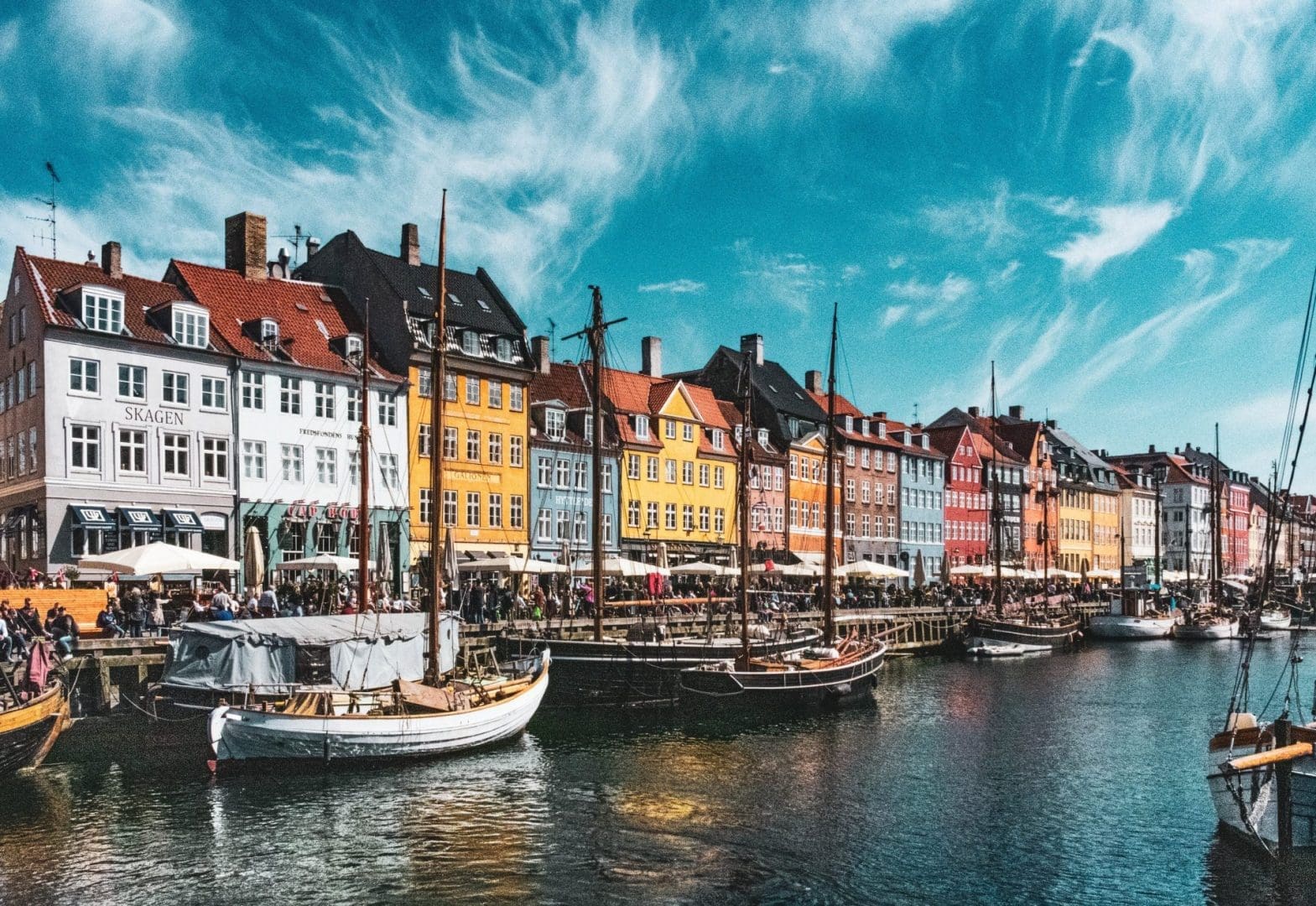NZ City Only Just Made it Onto the 10 Most Safest Cities In the World List
As Kiwis, we pride ourselves as being a country where pretty much nothing ever happens. I mean sure, we don’t have Lady Gaga performing every Sunday night for us, but at least we don’t need to worry about getting our car hijacked at gunpoint, right?
The EIU has released its latest report covering the safest cities in the world. The report ranks 60 cities across 76 indicators covering digital, health, infrastructure, personal and environmental security. So NZ doesn’t just have its edge of having almost no Covid cases as a crutch for this report. The report doesn’t seem to include other NZ cities on the list, so Wellington will be our national stand-in. Our Capital reached 7th on the list, topping the charts above all other cities for environmental security. “Environmental security considers how the city has incorporated sustainability parameters into its urban planning to reduce carbon emissions and manage climate risks. It takes account of policy inputs aimed at improving the health of the natural and physical environment in urban areas, where many have witnessed severe deterioration in recent years. Input indicators in this domain look at the city’s sustainability master plan and market incentives for renewable energy sources. Output indicators include urban tree cover and the rate of water stress in cities.”
Only a few points separated Wellington from the top spot. The spread of points between the top ten countries is small, only 4.4. Wellington was only 3.4 points from matching Copenhagen at the top spot. Toronto was only .2 points below at second place.
Wellington rated 7th for personal security and 12th for infrastructure security. The EIU has a biased slant toward the optimal solutions toward Covid response and thus ranked Wellington 41st, which is below the average for the Covid-19 pandemic and the understanding of health security. This could be due to the fact that if we did let the virus get out of hand, our health system would fold almost immediately. In their report, they explain that “any health systems, including well resourced ones with advanced infrastructure and equipment, have been nearly overwhelmed… Understanding of health security therefore needs to be revisited in light of the pandemic. That said, talking in any detail about lessons from it can still be an act of hubris. At the time of writing, it remains substantial. Moreover, certain countries that early on received praise for rapid action – including Japan, Thailand and India – later faced significant challenges from surges in case numbers.”
In Denmark, 70% of the population has had vaccinations and hard restrictions have been loosened. From September 10th, certificates will no longer required to enter restaurants and public venues. New infections are averaging around 700 a day. Personally I like it over here in 7th place, for now.

